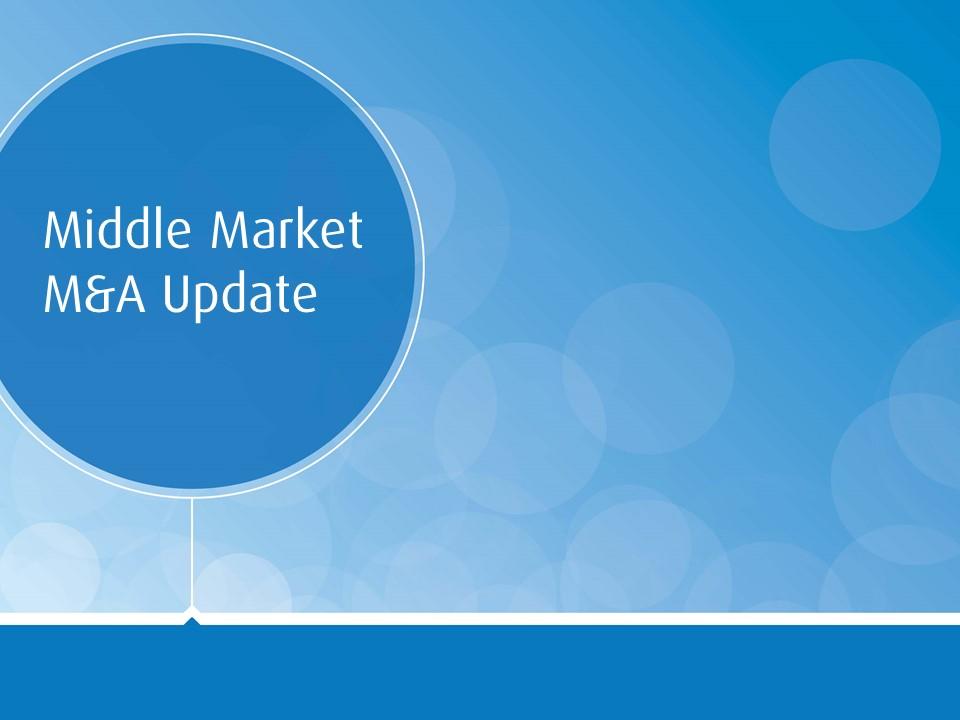The Economic Cycle and Impact on Middle-Market Deal Financing
While access to debt financing has been favorable to borrowers in recent years, lenders have become increasingly cautious as companies continue to grapple with rising interest rates and financing costs, an inflationary environment, slowing economic growth, and a general decline in investor confidence. As a result, institutional loan volume has decreased to levels not yet seen during the current economic cycle, and lenders are typically offering lower leverage levels, higher pricing and more restrictive covenants.
These dynamics caused M&A deal volume to decrease in late-2022, and near-term expectations signal additional tightening in early 2023, albeit significantly less than the rate increases experienced in 2022. Similarly, investors may also be signaling a preference for less risk, evidenced by the share of larger enterprise value deal volume within the middle market shrinking to unprecedented lows. Acquirors have become more cautious with respect to valuation, and sellers have put more focus on buyers’ ability to follow through on purchase commitments.
Despite pending interest rate increases and lingering recession concerns, there is room for optimism. The consensus is that rates will stabilize in 2023 and with near-record dry powder on hand, private equity firms are armed for a robust recovery if macro risks are alleviated as economic conditions begin to improve.
